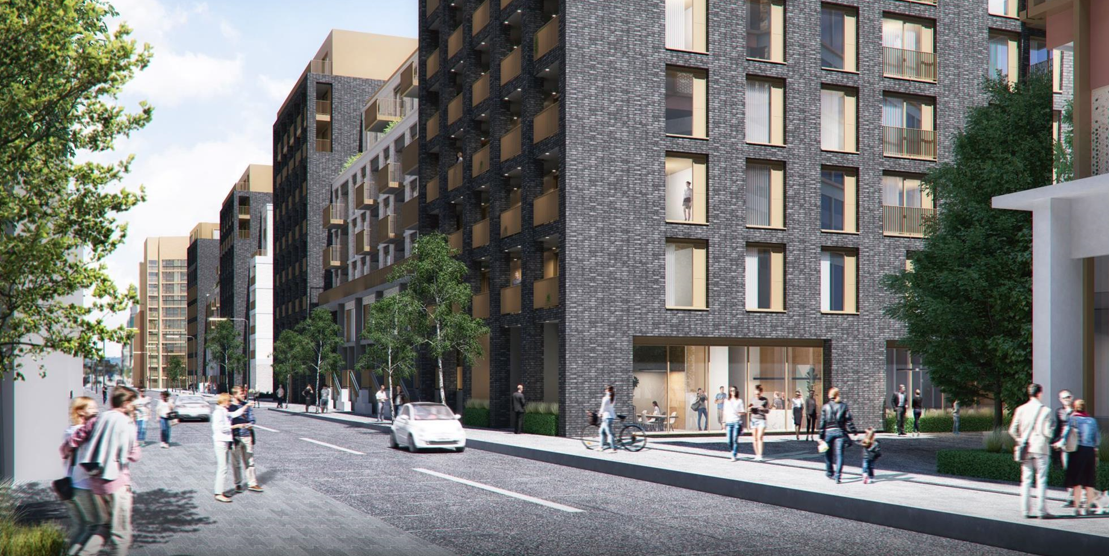Land sales values in Ireland have reached €378m so far this year

Turnover in the Irish development land market came to a total €184m in the third quarter of 2021, bringing turnover for the year so far to €378m.
Property advisor Savills said this represents a decline of 19% compared to the quarterly average of €227m witnessed over the last five years.
However, Savills said the market appears to be turning a corner in its recovery from the Covid pandemic with turnover increasing by 86% compared to the €100m that traded in the second quarter of the year.
The largest deal of the quarter was Eagle Street Partners’ purchase of the Castleforbes Business Park site for €78.5m from Glenveagh Properties, with planning permission for 702 residential apartments and 219 hotel rooms. RTE reports.
The second-largest deal of the quarter was 1-6 City Quay, which was sold to KC Capital for about €40.5m.
Other major deals agreed this summer include Millennium Park in Naas, 92/93 St Stephen’s Green, Mountview in Citywest, and Lands at Inchinappa in Ashford, Co Wicklow which sold for a combined total of about €40m.
Savills says several high-profile sales currently on the market are expected to sign in the final quarter, which would add additional turnover of between €150m and €200m to the full-year sales volumes.
Strong demand
“Demand for development land remains strong and we expect sites coming to the market to see strong interest from developers as we move into 2022,” Savills said.
John Swarbrigg, Director in Savills Development, Consulting and Agency team, said it is becoming clear that one of the key constraints on construction in Ireland is its inadequate planning system.
“Housing developments in Ireland have been subject to a wave of judicial review challenges which has inevitably harmed delivery rates of residential units,” Mr Swarbrigg said.
He said that while the phasing out of the Strategic Housing Developments (SHD) system is a step in the right direction, the new arrangements being introduced for “Large-Scale Residential Developments” (LSRDs’) do not go far enough.
“As it stands, the system will comprise of three stages, consisting of a pre-application consultation stage, a planning application stage, and an appeals stage,” he said.
“This system is likely to be dogged by the same issues as its predecessor, leaving developers vulnerable to appeals while not going far enough to prevent the ease at which the current judicial review process can be availed of,”
“We believe that changing this is critical to unlocking the supply promised by the Government under the “Housing for All” plan. An efficient planning system is crucial to a functional housing market, and we welcome the news that the system will be going under review by the Attorney General as part of the recently announced National Development Plan,” Mr Swarbrigg said.







